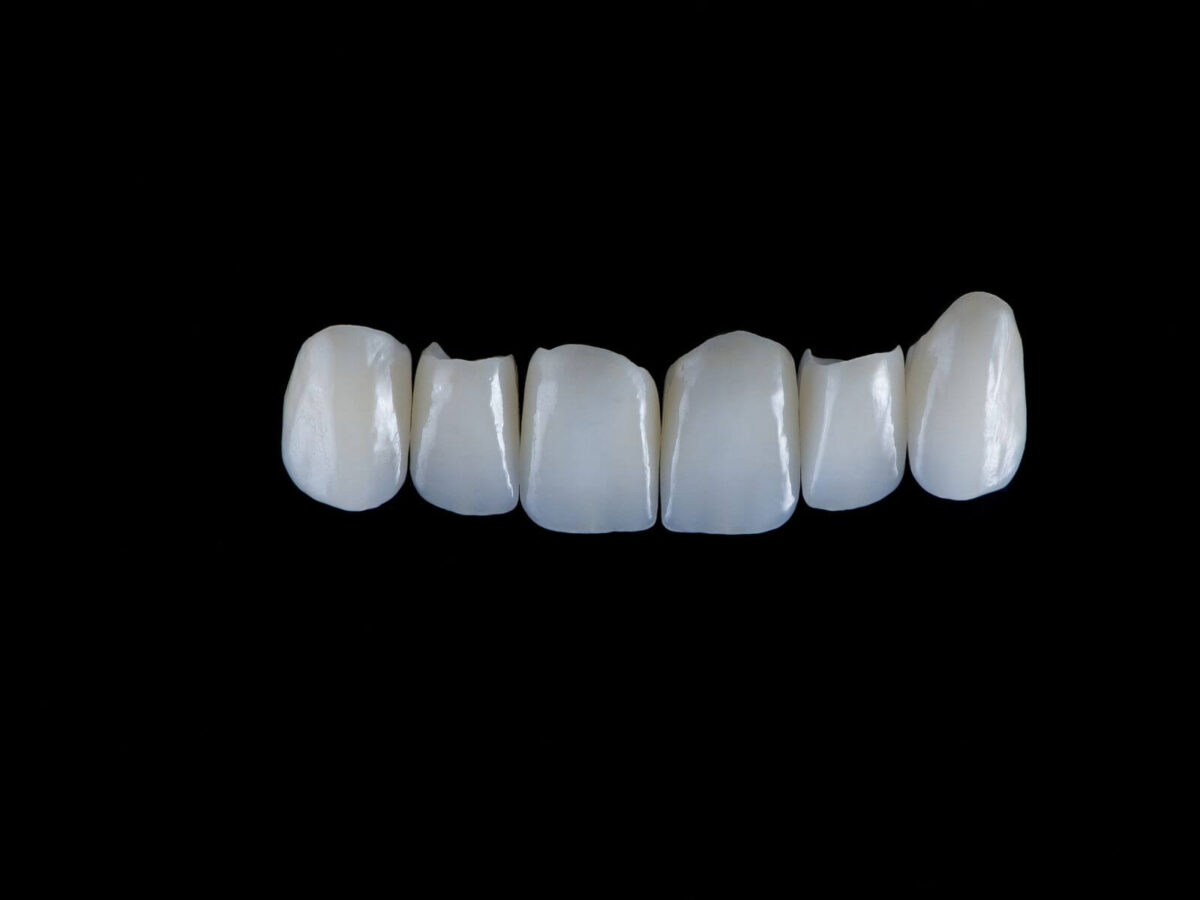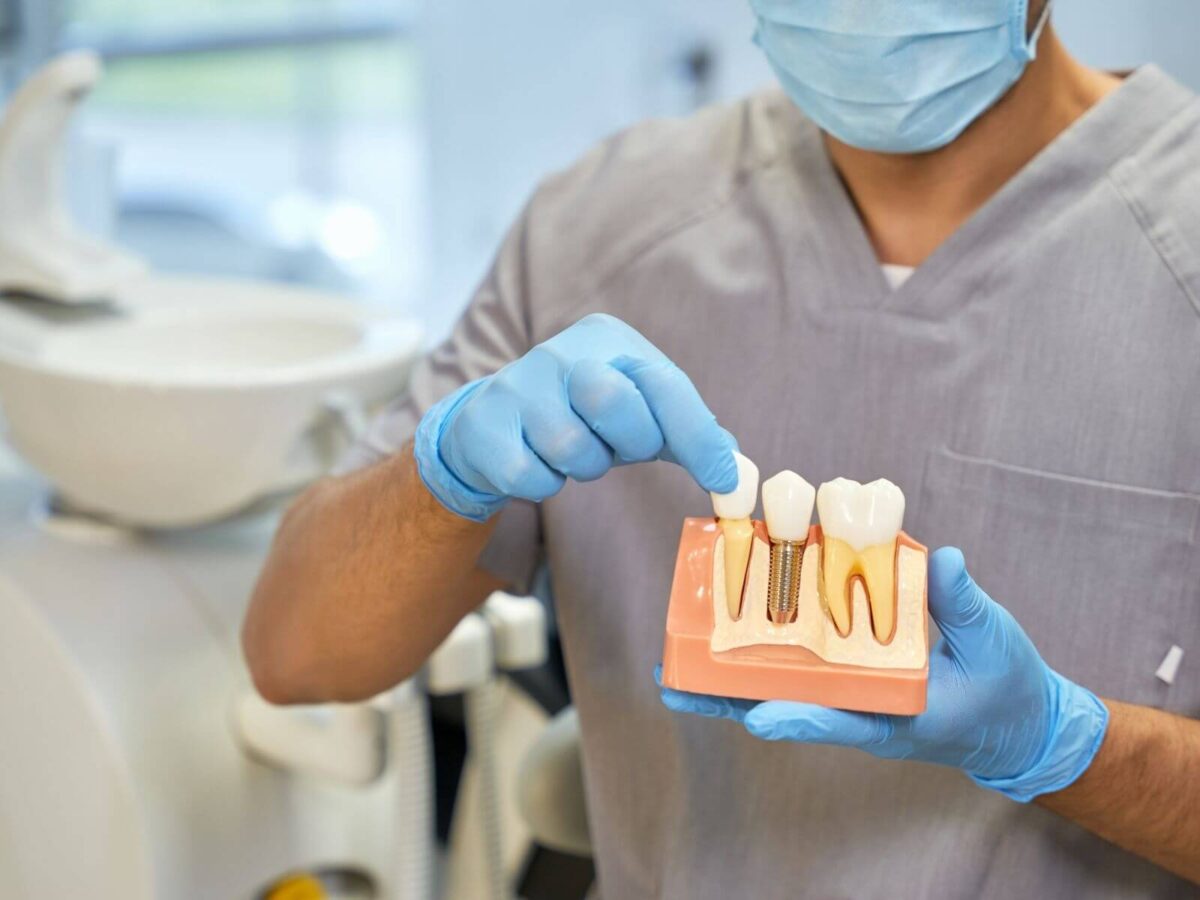Are you aware of the latest trend in the dental industry? Gum disease is the most common gum-related problem for adults. With advancements in dental technology, procedures like laser therapy are getting popular. Periodontal conditions affect millions of people and require effective solutions.
With invasive traditional techniques, people require accuracy, comfort, and quick healing time. Laser treatment can help with severe disorders and provide a modern gum disease solution. This article will provide a comprehensive and detailed guide to laser treatment. You can also explore how effective laser treatments are compared to traditional procedures.
Advanced Gum Diseases
Periodontal conditions are dental infections that affect the structure of your tooth. These issues not only affect your oral function but also your smile. Early-stage gum disease, called gingivitis, is reversible. Later, it advances and causes severe complications. Periodontal diseases can cause gumline recession, loss of bone, and even tooth extraction if ignored.
Dentists recommend regular oral checkups to detect signs of gum disease. If detected early, it can be treated without many side effects. Hormone levels, diseases such as diabetes, and genetic predisposition can also cause gum conditions.
Signs of Gum Diseases
People must look for signs of gum diseases to diagnose their oral health. Several signs can predict gum diseases and can help you get a dental exam for treatments.
- Persistent bad breath
- Swollen, tender, or bleeding gums
- Loose teeth
- Receding gums
- Pain while chewing
- Visible pus around the teeth and gums
Bacteria and inflammation are other essential signs that indicate gum disease. These symptoms also include blackish triangles around the gum line. Misaligned and missing teeth can also show gum-related problems. You should consult your dentist about these symptoms of gum diseases to get diagnosed and treated quickly.
Traditional Treatment Methods
The standard traditional procedure for advanced gum diseases is scaling and root planning. It is an invasive procedure that requires cleaning steps beneath the gum line. It also includes professional removal of tartar and replacement of gums back into their original position.
The other popular traditional method includes gum surgery. It has a lengthy healing time, is expensive, and can restore oral function. It also improves damaged gums, bone tissues, and grafts of bone using flap surgery. Along with many medications, these procedures are risky. They include extensive recovery time and might not be as precise as modern techniques.
How is Laser Treatment beneficial?
The laser treatment is a precise and effective procedure. They use the beam of light to target infected tissue. It can disinfect, heal, and precisely separate healthy and unhealthy tissue. This advanced treatment is minimally invasive and can help you restore oral function much faster than traditional methods.
Some other benefits of Laser treatment are:
- Quick Healing
Patients recover quite quickly with less downtime. Most patients need a day or two to manage discomfort after the procedure. - Minimally Invasive
Laser treatment does not include scalpels or stitches. Hence, it is much less invasive than other procedures. It makes this precise as no incision cuts are involved. It also puts minimal pressure and trauma on surrounding tissue. - Effective
It reduces the risk of further infection and can leave the healthy tissue and bone intact. It improves gum contours and can make your smile look more pleasing. - Safe Procedure
This procedure is safe for patients with various health concerns. People can prefer this treatment over traditional if they have HIV, Diabetes, or hemophilia or they take medications such as Plavix or aspirin.
Laser Gum Treatment Procedure
Laser treatment is typically preferred if your gum condition has advanced and become irreversible. Once the dentist assesses the gum tissues and the spread of the disease, they finalize their plan of action.
The surrounding and infected tissue is numbed before the procedure to manage pain. The dentist uses a laser to extract infected gum tissue. They leave bone and healthy tissue intact. Once the infected areas are removed, you might need a few follow-up sessions.
More spread of gum disease requires more laser sessions. After this procedure, you must follow all aftercare tips. This will ensure better results and quicker healing for your gum tissue. Dentists only extract the most damaged parts of tissue to prevent the further spread of gum diseases.
Cost of Laser Treatment
Laser treatments are more expensive than traditional methods to treat gum diseases. The cost of laser treatment depends on the condition, technology, and expertise of the dentist. With many benefits, such as precision and effectiveness, it is better to consider laser treatment over scaling and planning of gums. You can contact your dentist to understand the cost of this modern technique in depth.
Aftercare Tips
You must understand all aftercare tips properly to get the best results after a dental procedure. Here are some tips essential for better oral health, let’s take a look at these:
- Good oral hygiene
Good oral hygiene is essential for an effective oral routine. After a dental procedure, the gums are vulnerable and might get infected again. It is better to improve your oral health and maintain proper hygiene. - Follow your dentist’s recommendations.
You need to follow all the suggestions and medications given by your dentist. This will help you manage discomfort, assist with quicker recovery, and reduce chances of infection. - Schedule dental exams
Regular dental visitations can ensure that your gum health remains optimal. Your dentist can also check proper recovery and areas of concern during these dental exams. - Quit smoking
Avoiding lifestyle habits such as smoking or tobacco can be helpful. Smoking increases your healing time and might reduce the efficiency of the procedure. Your gums will again become vulnerable to infection. - Avoid hard or sticky food.
Food that can affect your ability to chew should be avoided. Hard, sticky, or sugary food can slow down recovery time. It is better to avoid such foods after laser treatment.
Conclusion
Laser treatment is a minimally invasive procedure for advanced gum diseases. They are quicker than traditional methods and can provide precise and effective results without pain. With effective periodontal treatment, you can restore oral function and smile.
You should visit an expert to consult your signs and get your oral hygiene diagnosed. With professional recommendations, you can get better gum disease treatment and enjoy improved oral health. Early diagnosis can protect you from invasive and long recovery procedures.
You can explore more benefits of laser treatment and understand why it is more effective than traditional procedures with Cypress Dentist TX. You can also learn about aftercare tips and effective medication to reduce discomfort after the procedure.





